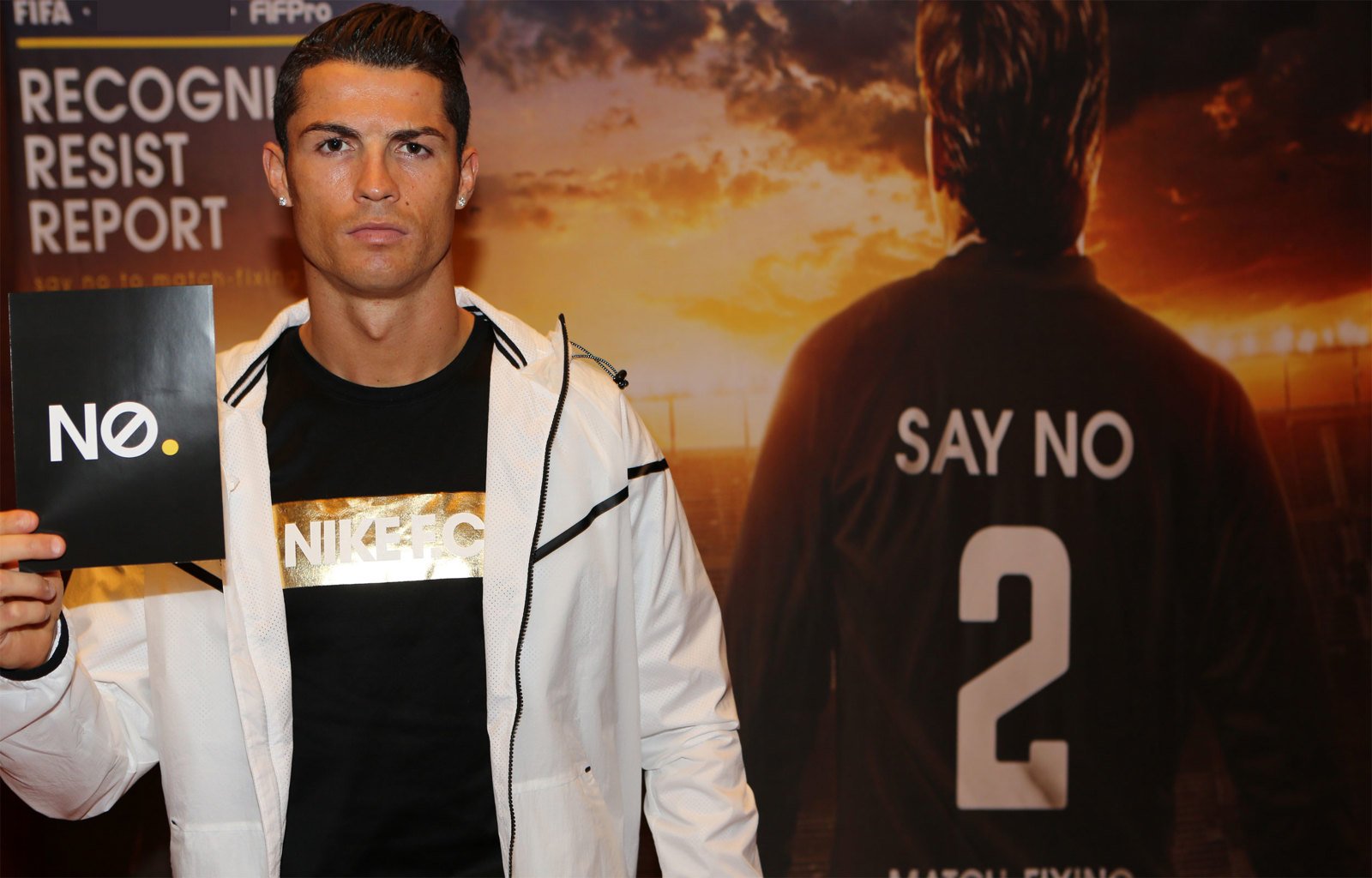
What is match-fixing?
Match-fixing is the illegal manipulation of the result of a sports match, or elements of a match, such as a specific throw-in, penalty-kick, corner or yellow card.
What is the purpose of match-fixing?
The most common reason for match-fixing is to achieve a financial gain through betting activities. When the outcome of a match is determined before it begins, match-fixers can win a lot of money with a correct bet. The betting market (legal and illegal) is enormous and globally generates more than 1 trillion USD per year.
Match-fixing is not always about betting. There is also sports motivated match-fixing, which arranges a sporting advantage such as winning a match or a competition, qualifying for a competition or preventing relegation. These non-betting cases occur far less than betting-related match-fixing cases.
Who organizes match-fixing?
Betting-related match-fixing is mostly orchestrated by members of organised crime groups. According to Europol [link to report], they often operate internationally. These groups are not only involved in match-fixing, but also in other sorts of crime such as money laundering, drug trafficking, extortion, property crime). They often have a wide network of connections in sports.
These organised crime groups consider match-fixing to be high-profit and low-risk, and therefore Europol warns that these groups aim to invest even more money in their match-fixing activities. Some criminals buy football clubs to make it easier to fix matches.
How common is match-fixing?
There are no exact numbers of fixed matches. According to Europol, less than 1% of football matches are suspected to have been fixed. Regardless, football is by far the most targeted sport by international organised crime. On average, one out of ten players will be approached during his career.
How do the match-fixers operate?
Criminals often have persons working for them who approach players, coaches, referees or club executives to help fix a match. These persons (also called runners) could be other criminals, but also former players or player agents.
Which matches are mostly targeted?
Match-fixers prefer to target matches where the risk of being caught is smaller, for example lower-level competitions which have less media coverage and fewer spectators. These leagues have players with lower salaries, who are easier to approach and could be more susceptible to bribery.
Which players are targeted?
Any player can be a target. However, some players can be more vulnerable to match-fixers, for example players who go unpaid for a long period and/or find themselves in financial difficulties. Players could also be more susceptible to bribery because of addiction to gaming, betting or drugs.
Criminals often look for players with a special role within the team, such as goalkeepers or defenders, as it is easier for them to concede a goal without raising suspicion.
What should I do when I am approached by a match-fixer?
As a professional player you should always resist fixing a match. You must report any approach in which you are asked to fix a match. You can report, for example, by using the Red Button app. (Read more here/link).
You can also contact your local player association. Various FIFPRO member unions have staff trained by Interpol in how to deal with match-fixing reports.
Should there be any threat to your own or another person’s life or safety, then please inform police authorities immediately.
What happens if I don’t report a match-fixing approach?
If you fail to report a match-fixing approach, you risk a multi-year ban from football. It could seriously jeopardise your career, even if you did not fix a match. (Read more here/link).
What happens if I help fix a match?
You will at least risk a multi-year ban from football.
In various countries match-fixing is considered a criminal offense, meaning that players who are found guilty of being involved with match-fixing risk a jail sentence.


